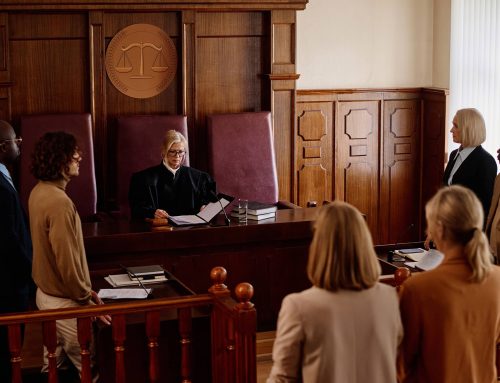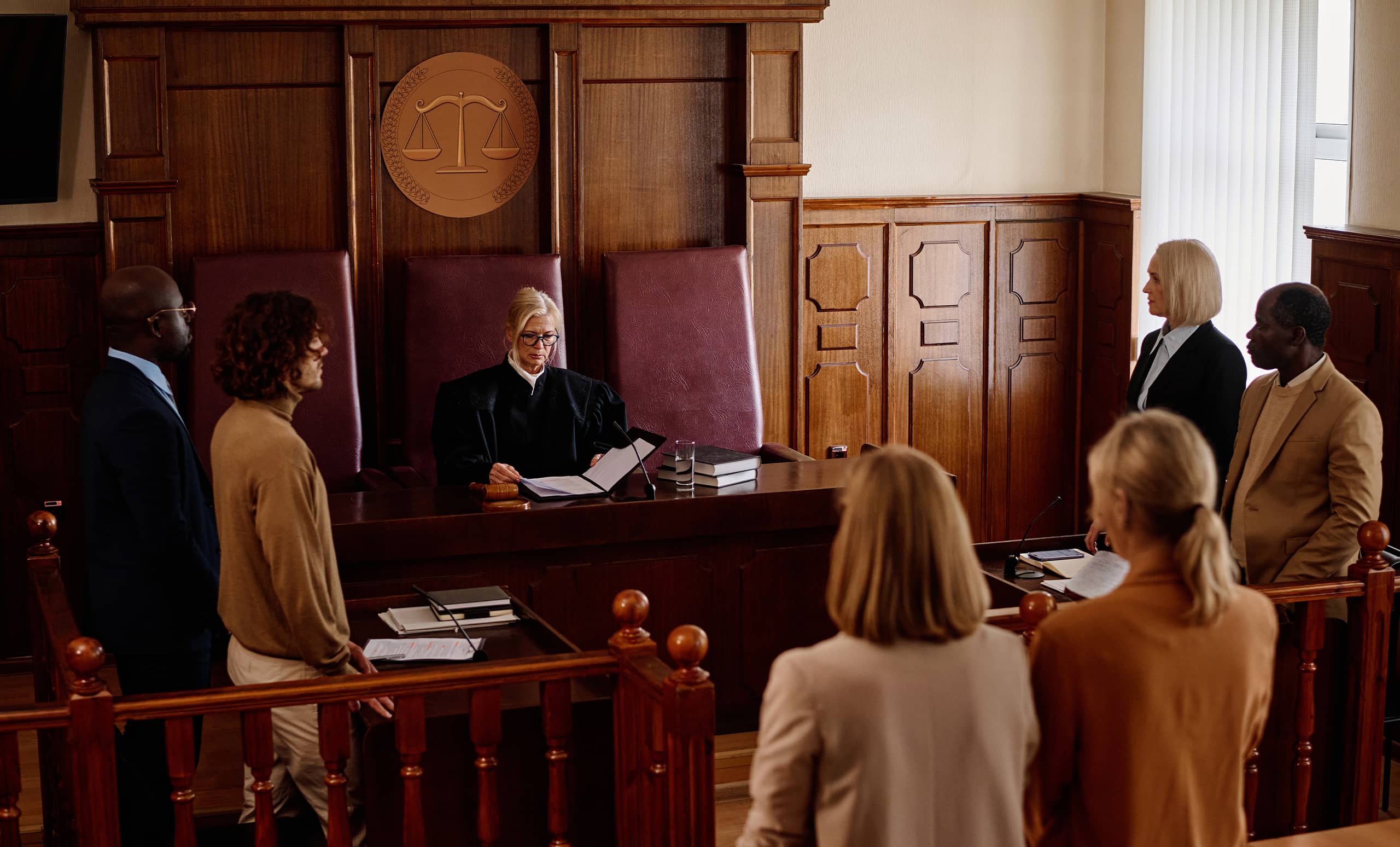A common question that I am asked by my clients that are non- citizens (meaning Green Card holders, work permit holders, and even people without any citizenship documentation) is what happens if I am convicted of a misdemeanor.
I find that a good number of my clients in this situation are under the wrong impression that just because a crime is considered a misdemeanor (and not a felony) there are no immigration consequences.

In reality, the immigration law of this country is very complicated.
The Immigration Code (the laws that determine if someone can stay in this country) does not even mention the word misdemeanor or felony. Instead, the immigration code enumerates or highlights certain types of crimes in California Criminal Law that can cause a non-citizen defendant to become ineligible for immigration benefits (meaning to become a citizen, resident, or get a work permit). (These categories of offenses are complicated to understand and if you are a person accused of committing a crime and are concerned with your immigration situation then it is best to consult with a criminal defense attorney that understands how to navigate immigration and criminal law.) A common example of a crime that can make someone ineligible for immigration benefits is a domestic violence conviction such as CA PC 273.5 (commonly referred to as inflicting corporal injury on a spouse).
When a defendant is accused of this crime a good strategy in lieu of outright fighting the allegation is to seek an alternative conviction that does not affect a client’s immigration situation, a good example of this is to plead to a simple battery charge such as CA PC 242. The immigration code makes certain offenses with immigration consequences because congress indicated in the immigration code that it does not want people with certain convictions to be able to receive immigration benefits.
Common examples of crimes (regardless if they are misdemeanors or felonies) that can cause a person to suffer grief in immigration court are crimes involving firearms, sex crimes, drug crimes, crimes of violence, and crimes against the moral turpitude of the United States.
Another related issue that arises when one has a deportable conviction on his or her record is the age of the conviction. Often times a person that has recently made contact with immigration officials, for instance upon returning from a trip out of the country and seeking re entry, and has a deportable offense on his or her record (no matter how old the conviction is) can cause the person with the deportable offense to suffer adverse immigration consequences such as deportation, exclusion from admission to the United States and or denial of naturalization. In order to get out of this situation often times the only hope that the person has is to vacate the conviction.
For the reason above mentioned it is important that any immigration reform take into account the thousands of people lawfully living in this country that may have a blemish on their record for actions that took place many years ago.
Schedule appointment
Uribe & Uribe APLC
Nothing can impact your life or the life of a family member more than one’s immigration status. Are you interested in obtaining immigration benefits? Do you have a plan in action for success? At the Uribe & Uribe APLC we can help you create a strategy for success.








